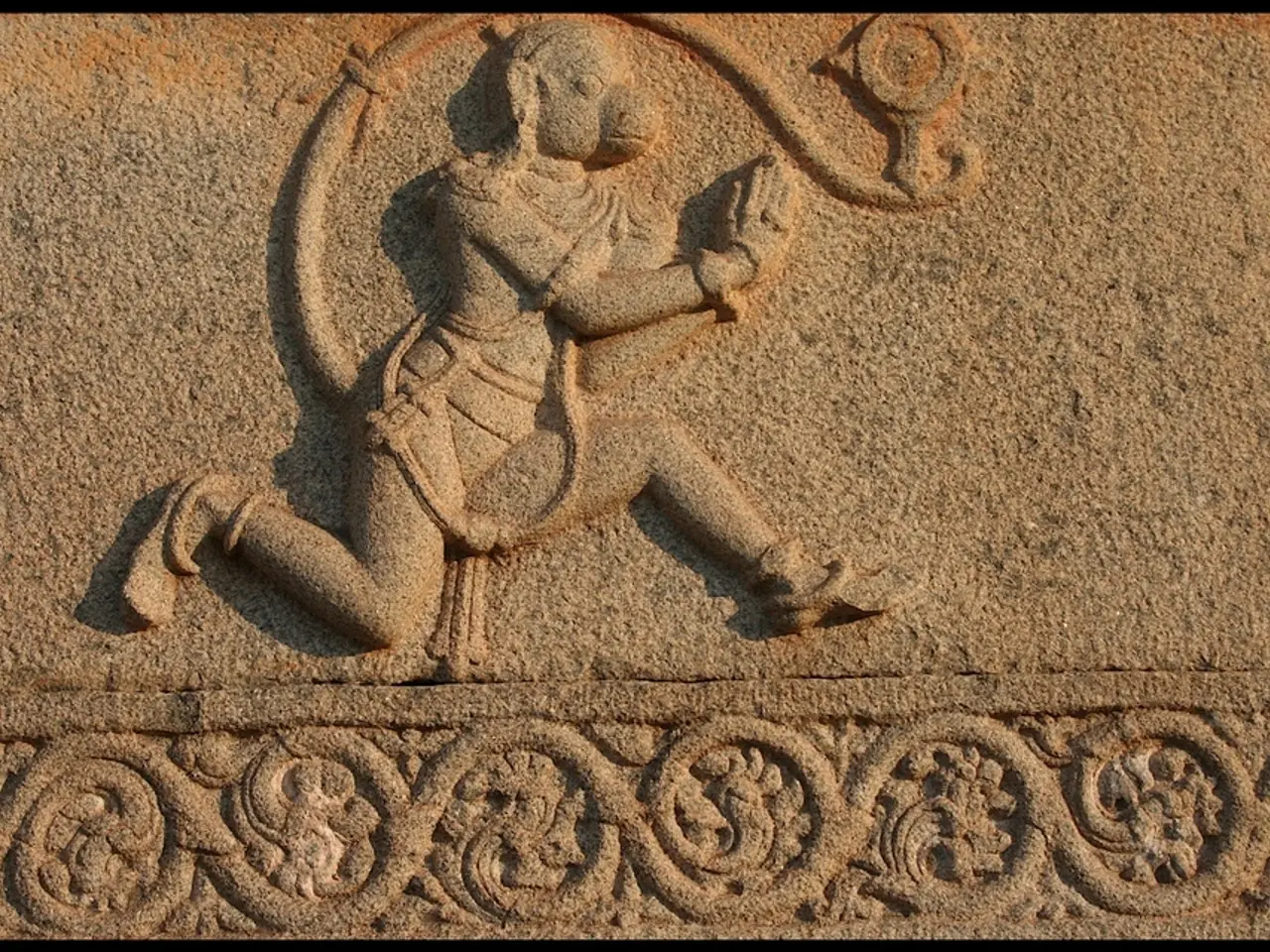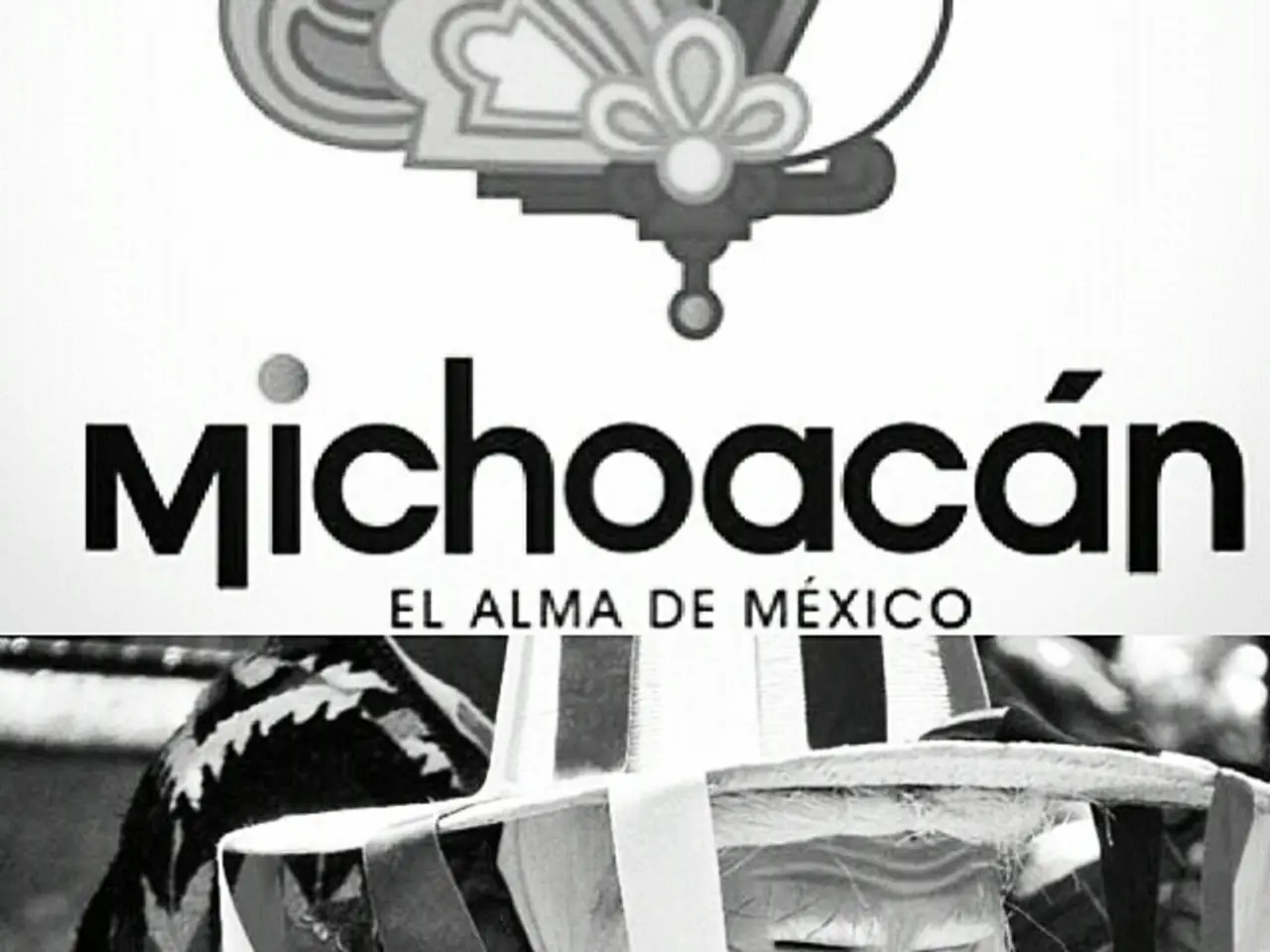Democratic Contenders Represented Through the Lens of Gnosticism
In the realm of political thought, Eric Voegelin's concept of Gnosticism offers a compelling perspective on a mindset that seeks to fundamentally transform or destroy the existing order to establish a "perfect" new one. This ideology, rooted in the belief that the world is fundamentally flawed or alien, has been identified in diverse totalitarian and revolutionary ideologies such as communism and fascism.
Voegelin's Gnosticism is characterized by a rebellious, revolutionary spirit that aims to dismantle the current "order of being" seen as defective or unjust, and replace it through human effort and ideological systems. Central to this ideology is the concept of "immanentizing the eschaton," an attempt to bring about a transcendent or ultimate salvation within history itself, making an "eschaton" a present reality.
The gnostic ideologue insists that "reality must give way" to their system or vision, even if it means "decapitating being" or "murdering God" — a metaphor for rejecting transcendent or divine order in favor of man-made ideological constructs.
Regarding modern political landscapes, Voegelin's framework is primarily used by critics, particularly from conservative and Christian conservative perspectives, to interpret progressive or left-leaning political movements. Modern progressive or Democratic policies that aim for large-scale societal transformation or envision a radically different future order are sometimes labeled "gnostic" by Voegelin’s interpreters.
Voegelin himself did not explicitly apply his Gnosticism critique narrowly to modern Democratic candidates but criticized broader ideological currents including liberalism and socialism as having gnostic tendencies. Conservative commentators and scholars influenced by Voegelin argue that some Democratic candidates or policies embody this gnostic spirit by promoting ideological systems aimed at fundamentally overturning traditional social, moral, or religious frameworks, reflecting a disdain for "the world as it is."
However, it is important to note that this connection is primarily a critical framework leveraged by conservative analysts rather than an explicit charge by Voegelin applied directly to any contemporary politician.
Voegelin's analysis also warns of potential dangers in societies influenced by Gnosticism. He cautions against a decline in civic morality, a blindness to obvious dangers, and a reluctance to meet those dangers with seriousness. Escapism, as described by Voegelin, can lead a rich and successful society to adopt a new pattern of conduct that may unravel the fabric of civilization.
In conclusion, Voegelin’s Gnosticism involves a utopian, revolutionary impulse that rejects the given world and its divine or natural order, seeking to remake history itself, which critics associate with certain radical or progressive political ideologies including some modern Democratic candidates’ agendas. While this connection is a matter of interpretation and debate, Voegelin's analysis serves as a thought-provoking lens through which to view contemporary political discourse and its potential consequences.
- In contemporary politics, the concept of Gnosticism, as proposed by Eric Voegelin, is often employed by conservative critics to analyze progressive or left-leaning political movements that advocate for large-scale societal transformation.
- These movements, striving for a radically different future order, are sometimes labeled as "gnostic" due to their potential to fundamentally overturn traditional social, moral, or religious frameworks.
- Voegelin's Gnosticism also warns of potential dangers in societies influenced by this ideology, such as a decline in civic morality, a blindness to obvious dangers, and a reluctance to meet those dangers with seriousness.
- Escapism, according to Voegelin, can lead a rich and successful society to adopt a new pattern of conduct that may unravel the fabric of civilization.
- Social media, being a platform for political discourse and the spread of ideological systems, serves as a battleground for the interpretation and understanding of Voegelin's Gnosticism in the context of war-and-conflicts, general news, crime-and-justice, entertainment, and pop-culture.
- Russia, known for its historical association with totalitarian ideologies such as communism, might find some resonance with Voegelin's Gnosticism, given its potential impact on politics and warfare.







